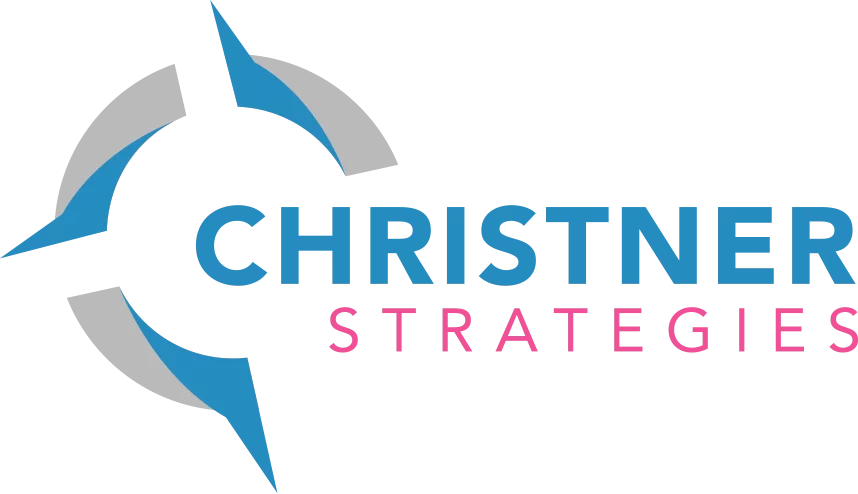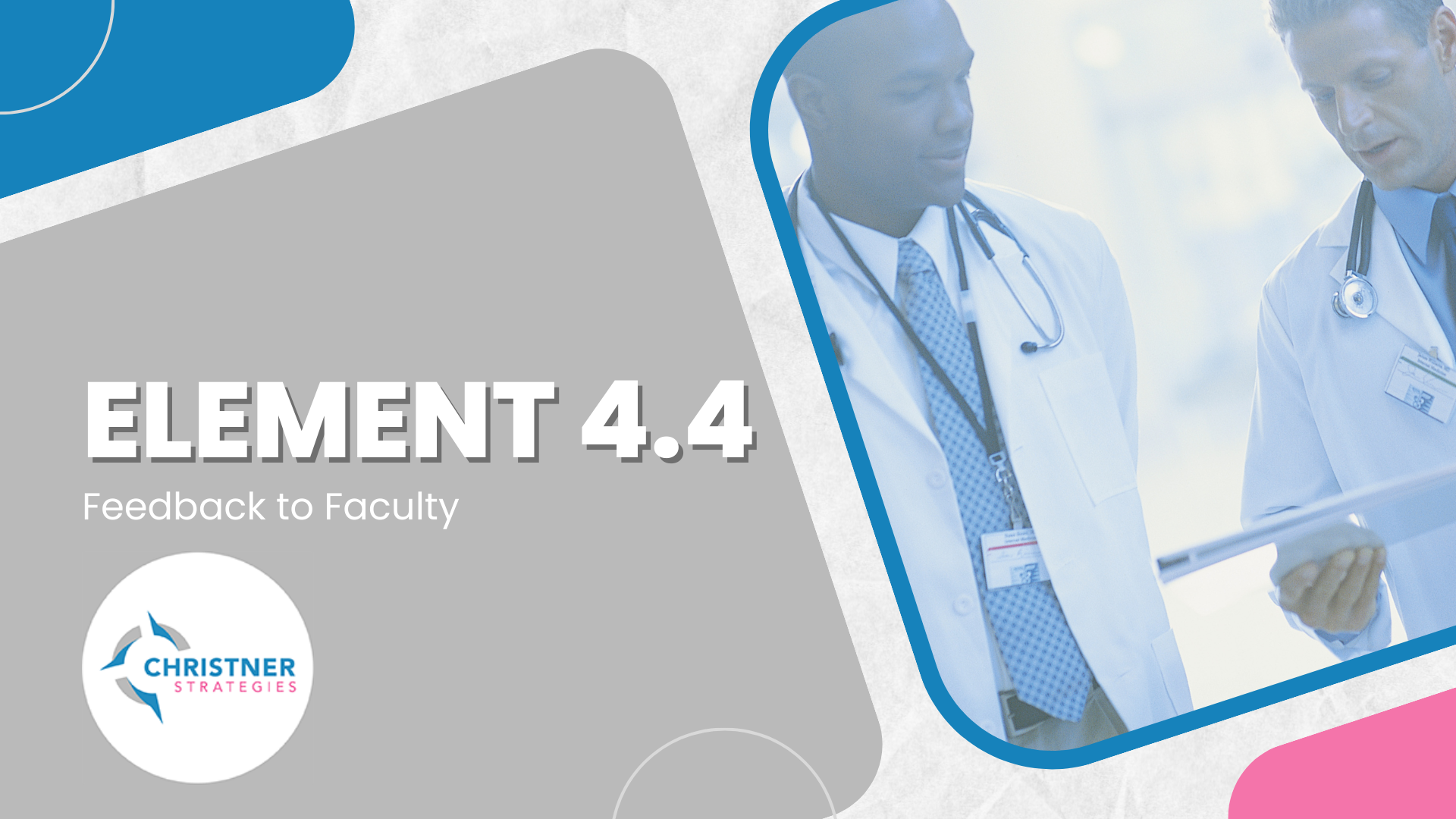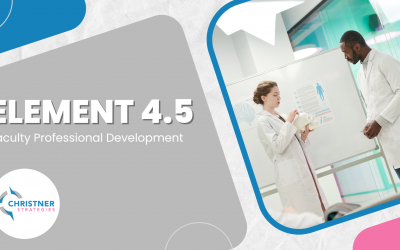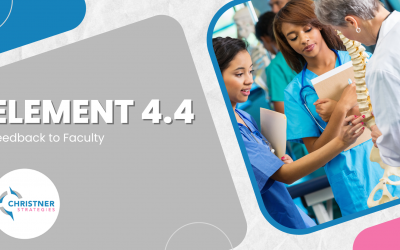LCME Element 4:4 – Feedback to Faculty
A medical school faculty member receives regularly scheduled and timely feedback from departmental and/or other programmatic or institutional leaders on academic performance and progress toward promotion and, when applicable, tenure.
Did you notice in the DCI template for 2022-23, there is an additional question in the narrative response for this element? Summarize which categories of faculty are required to receive such feedback. This information should have already been included as part of your response, but it now needs to be outlined to ensure ALL faculty receive feedback on their academic performance.
Hidden Curriculum
Ok, so here’s the deal. This element has 2 “Gotchas.” Note that the narrative response asks you to summarize which categories of faculty are required to receive feedback. Why they bait you with this I do not understand. There is only one correct answer – ALL of them. All faculty need to get some kind of review and feedback. Yes, even your voluntary faculty. Read the standard – the standard says “A medical school faculty member receives regularly scheduled and timely feedback.” So, you don’t get to pick and choose which faculty that is convenient for. It’s all of them. Period. Next – the supporting documentation asks for polices around faculty getting feedback. That means you need to have a policy. Period. An incorrect response is “We don’t have a policy, but it happens.” Anytime supporting documentation says provide the policy, you provide the policy. Period. Exclamation Point. Kapeesh?
Minor things – What does “regularly scheduled” mean? I think it needs to be annually. I’d love to hear if there are schools that do it less than annually and have passed. I fundamentally think faculty deserve feedback annually. If you aren’t doing it annually, you must be to be able to defend yourself as to why. Also, make no mistake, they want to hear that how faculty are doing in the education arena is important and part of that regularly scheduled conversation. So, they will triangulate – asking junior faculty if they get this feedback, chairs how they give the feedback, and course directors how they provide feedback on faculty to chairs/division chiefs.
Best Practice
Ensure that course directors are sending a summary of feedback on the faculty they use to departments on an annual basis. Additionally, education leadership should also be evaluated annually with those evaluations being sent to departments to be incorporated into their annual feedback. For example, if your director of learning communities has a .4FTE role, they should receive an annual evaluation with goals for the next year sent to their primary department for use in their annual review.
Continuous Quality Improvement
As part of the CQI process, each department chair must execute a plan for ensuring each faculty member receives an annual review of their performance by the chair or their designee. This review should include a student evaluation report in aggregate on faculty performance. This review should provide an opportunity for faculty to receive constructive feedback and engage in discussions regarding development of individual skills and competencies, career tracking, establishment of defined and measurable goals specific to the faculty member’s academic strengths and aspirations. The discussion should also focus on the faculty member’s desire to promote to the next rank and, if so, what they are doing to work towards promotion and how the school can be helpful.
It is important for the school to provide central oversight to ensure that all faculty are meeting with their department chair or their designee annually. This is typically done in the Dean’s Office or Office of Faculty Affairs. One way to show compliance is to create a dashboard where all departments provide documentation that the reviews occurred. This data can be shown in a dashboard with all departments listed (example below) and shared with leadership. Track compliance across years to identify problems and implement solutions to ensure this important feedback is provided to ALL faculty members.
| Assistant Professor | Associate Professor | Professor | Totals | ||||||
| Department | Reviewed | Not Reviewed | Reviewed | Not Reviewed | Reviewed | Not Reviewed | Reviewed | Not Reviewed | % Compliance |
| 10 | 2 | 10 | 2 | 10 | 2 | 30 | 6 | 83.3% | |
| 20 | 0 | 20 | 0 | 20 | 0 | 60 | 0 | 100.0% | |




0 Comments